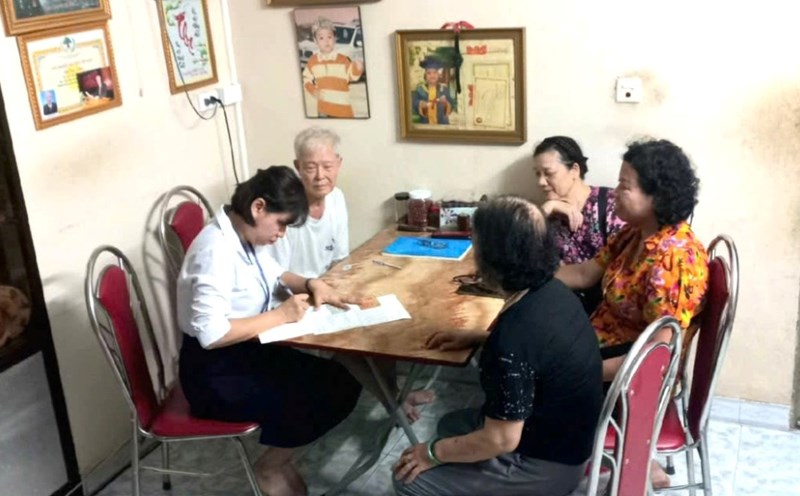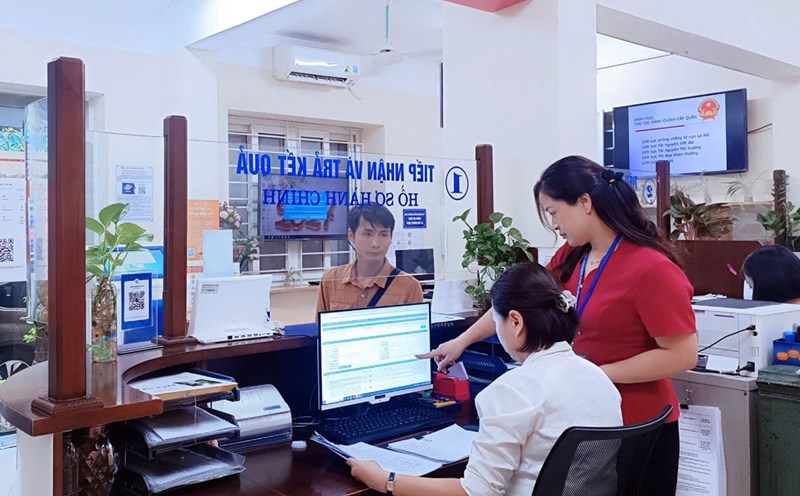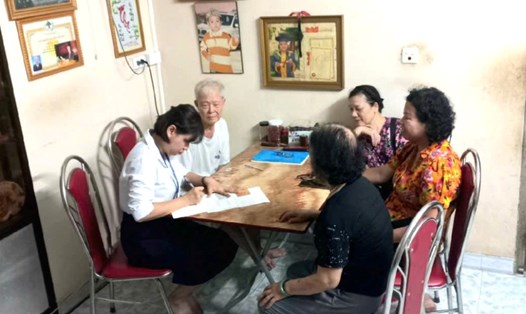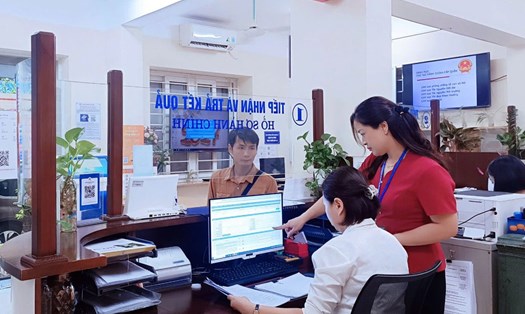In Notice No. 56/TB-VPCP concluding the meeting to summarize the activities of the National Committee on Digital Transformation and Project 06 for 2024, key directions and tasks for 2025, issued on February 24, Prime Minister Pham Minh Chinh emphasized many points, including two revolutionary requirements on governance thinking and administrative reform.
The Prime Minister requested "to change the status of public service provision from a request-grant to a proactive - service status". At the same time, promote the elimination of unnecessary administrative procedures; improve the quality of online public services throughout the process towards personalized digital services, regardless of administrative boundaries.
This is not the first time Prime Minister Pham Minh Chinh has mentioned these two issues, but they have been mentioned many times in meetings and directives, from the end of 2024 until now.
This shows the Government's great determination to continue administrative reform and improve the quality of public service activities.
If this can be done, our administration can be said to have a big change. And people and businesses not only benefit greatly from reducing travel time and costs, interacting directly with public authorities; reducing the number of documents and papers to be submitted... but negative phenomena and petty corruption will also be pushed back.
However, to shift the state from administrative procedures with the "main responsibility" quan tinh, with the "upper hand" request - give" mechanism to the proactive - service attitude like true service providers, it is necessary to immediately resolve difficulties and challenges.
First is the "ask - give" mechanism that has existed for a long time in administrative culture, causing a mentality of dependence and passiveness from people and businesses; at the same time, causing a number of cadres and civil servants to have the "powerful" ideology.
To provide public services in a service direction, it requires civil servants and public employees to change their approach, taking the satisfaction of the people as a measure. Not only that, the team of civil servants and public employees must have good professional skills, grasp technology and a high service spirit.
However, in many places, cadres and civil servants lack communication skills, sense of responsibility and readiness to innovate; human resource training and fostering work is not timely or formal.
Second, the ask - give environment is often associated with a lack of transparency. Converting to a service model requires publicity and transparency of processes, procedures and results.
This requires management agencies and responsible officials to explain more clearly the progress and quality of public service provision, while strictly handling violations.
To have a proactive public service, it is necessary to quickly "transform" the state and thinking of each civil servant, in parallel with digital transformation and also in the spirit of "running and lining up".
Only then can digital transformation be closely linked to the implementation of the "revolution" in streamlining the apparatus and bringing practical and measurable benefits to the people.













